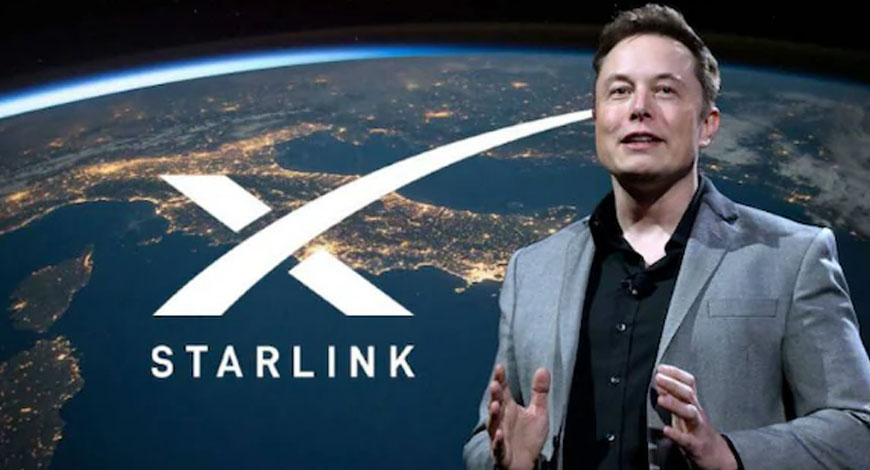SOURCE: AFI

Elon Musk’s ambitious satellite communications venture, Starlink, is on the verge of receiving approval from the Indian government for its license application. This development marks a significant step forward for the company’s plans to expand its global footprint in providing high-speed internet access via satellite technology.
The approval process comes at a time when there have been lingering concerns regarding Starlink’s ties to US security agencies. Despite these concerns, The Economic Times reports that the Indian government is expediting Starlink’s application and may grant “conditional approval” based on the firm’s commitments. This suggests that the government is cautiously optimistic about Starlink’s potential contributions to India’s telecommunications landscape while also ensuring that national security interests are safeguarded.
The timing of this development is noteworthy as it coincides with Elon Musk’s anticipated visit to India. During his visit, Musk is expected to engage in discussions with Prime Minister Narendra Modi regarding various initiatives, including the establishment of a Tesla factory in India. This confluence of events underscores the growing interest and investment by Musk and his companies in India’s burgeoning market.
Starlink’s entry into the Indian market has the potential to revolutionize internet connectivity, particularly in remote and underserved areas where traditional infrastructure is lacking. By leveraging a constellation of satellites orbiting the Earth, Starlink aims to provide high-speed internet access to regions that are currently underserved or unserved by terrestrial networks.
The conditional approval process indicates that the Indian government is taking a pragmatic approach to evaluate Starlink’s operations within the country. By imposing conditions on the approval, such as ensuring compliance with regulatory requirements and addressing security concerns, the government aims to strike a balance between fostering innovation and safeguarding national interests.